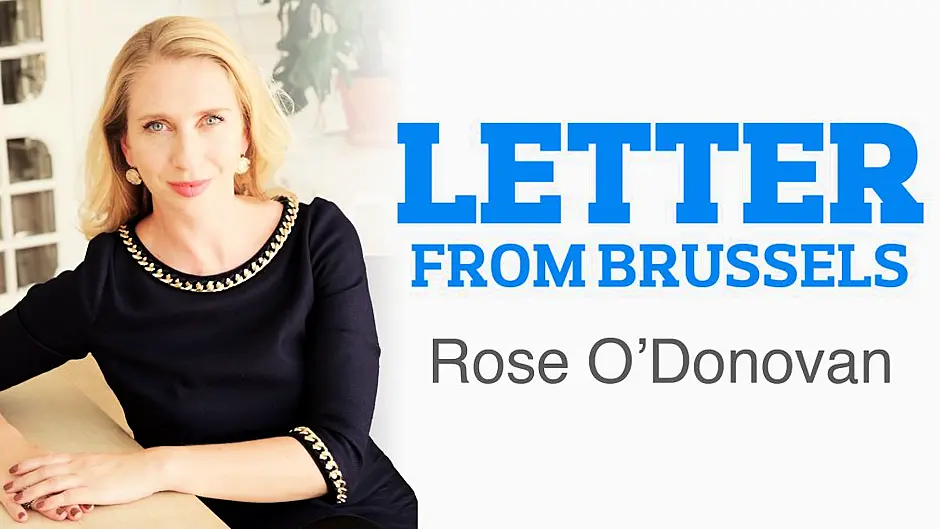EUROPEAN Union negotiators reached a partial agreement on the CAP transitional regulation on June 30th, paving the way for the continued application of current farm policy rules until the end of 2022, when the new framework will enter into force.
MEPs and the European Council reached a common understanding on the draft regulation – where only elements linked to the EU long-term budget (2021-2027) remain open and in square brackets. The two-year extension – starting from January 1st, 2021, as opposed to one year (original Commission proposal) – will allow payments to farmers and other beneficiaries to continue uninterrupted, thus providing stability and predictability during the transition.
During this period, national capitals will have time to prepare their CAP Strategic Plans under the new legislation. The final adoption of the transitional regulation is expected by the end of the year under the German presidency, once a deal has been struck on the so-called Multi-annual Financial Framework (MFF).
The provisional accord was clinched at the third and last trilogue meeting, just hours before Zagreb handed over the reins of the EU’s rotating presidency to Berlin.
Secure position
Germany is keen to secure a Council position on the CAP reform package in October. The first of the new Trio of Presidencies, with Portugal and Slovenia, Berlin aims to adopt conclusions on animal welfare labelling – a key priority during its mandate – at the November Farm Council.
Taking to the helm for the first time since early 2007, the German presidency will steer technical discussions on farm policy reform, officials say. Under the motto ‘Together for Europe’s Recovery’ and at a time of global uncertainty, the current holders of the rotating presidency will lead difficult negotiations on the next financial perspectives (2021-2027) as well as on international trade, at a time when the EU and UK are hammering out the terms and conditions of their future relationship.
Animal welfare, will be a key priority of the German presidency, with Federal Minister Julia Klöckner floating the concept of a uniform European animal welfare label that ‘enables consumers to opt for more animal welfare.’ Speaking to reporters about the Covid-19 crisis, in Berlin on July 1st, Klöckner said ‘we have to draw the right conclusions from the experience … so that Europe and European food and agriculture are prepared for future crises … especially when it comes to supply chains and borders.’
Food supply was ‘always secure even during the crisis,’ referring to close cooperation between government departments, national organisations and industry bodies. Once again, the CDU politician raised the importance of ‘local and regional’ food production systems, which the presidency is keen to focus on during its tenure.
• Rose O’Donovan is the editor-in-chief of the Brussels-based agricultural policy newsletter ‘Agra Facts’









